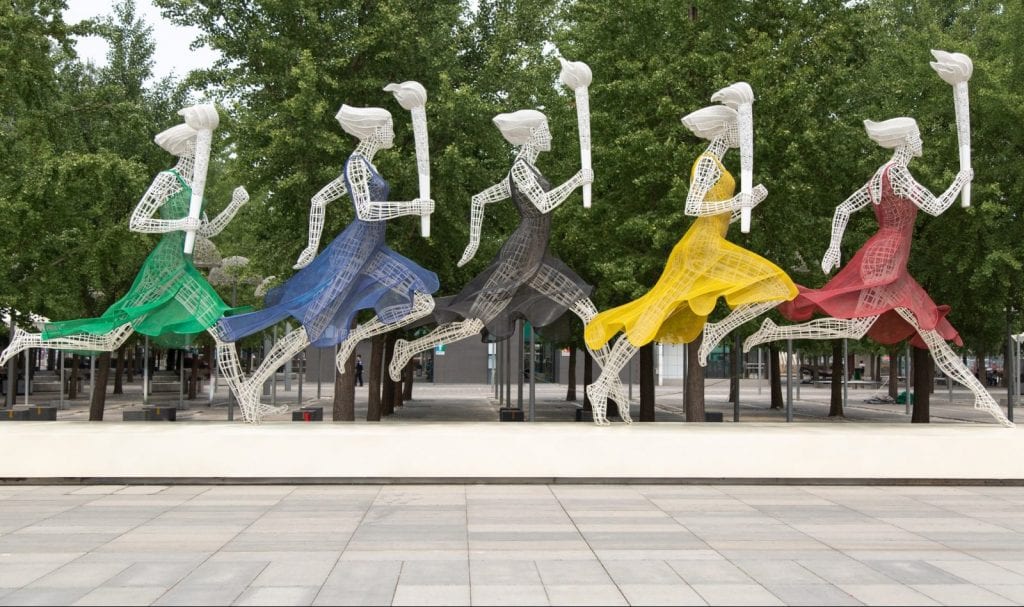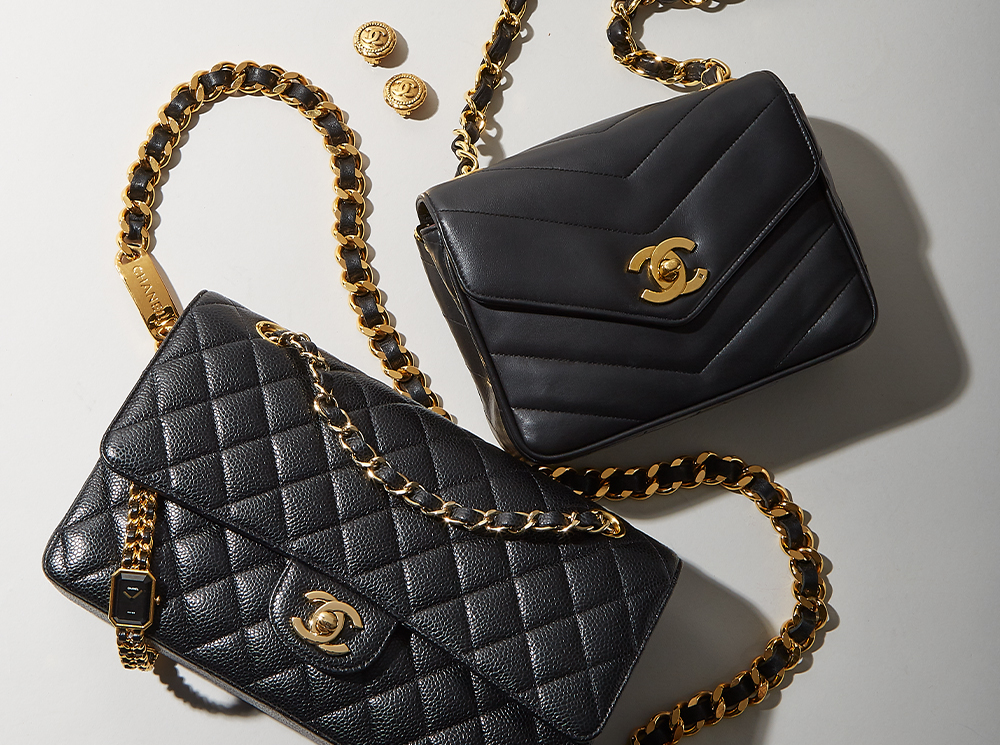Amazon has filed three lawsuits this week in what it is calling “a new offensive against bad actors that target [its] selling partners.” In the Digital Millennium Copyright Act (‘DMCA”)-centric complaints that it lodged with the U.S. District Court for the Western District of Washington on Thursday, Amazon alleges that the defendants – which are “the individuals and entities doing business as” the Amazon Brand Registry accounts SIDESK, VIVCIC, and DHUOG – “improperly gained access to and used Amazon’s intellectual property protection services and notice-and-takedown procedures to target and remove content from product listings in the Amazon Store, even though they had no ownership rights to the content at issue” in furtherance of a larger effort to “reduce customer choice [and] harm Amazon’s selling partners.”
Setting the stage in its complaint, Amazon asserts that it is one of the “most well-recognized, valuable, and trusted brands in the world,” and in order to to protect its customers in “more than 100 countries around the globe” and to “safeguard its reputation for trustworthiness,” it has “invested heavily, both in terms of time and resources, to prevent fraud and abuse in, and to ensure the quality and authenticity of the products available in, the Amazon Store.” In furtherance of this effort and “consistent with the notice-and-takedown procedures set forth in the DMCA, Amazon says that, among other things, it has developed multiple mechanisms for copyright owners to submit notifications of copyright infringement.
Enter: A pool of “bad actors,” who Amazon claims “abuse [its] reporting and takedown processes to seek removal of materials from product listings even if they have no valid rights to assert. In order to do so, these parties “actively evade Amazon’s efforts to confirm they were the proper rights owners, [and] deceive Amazon by creating fake websites with disposable domain names using copied images from existing Amazon product listings to those websites, and then submitting URLs of the fake websites as ‘proof’ of the purported copyrighted works [they] claimed to own,” the online retail giant asserts.
According to Amazon, “Bad actors may use this tactic as a way of attacking and fraudulently suppressing or altering listings for competitors’ products so that consumers are more likely to buy the same products from the bad actors or their affiliates.”
The defendants are among such bad actors, with DHUOG, for example, “using the ‘Report a Violation’ tool [within the Amazon Brand Registry] to launch a broad campaign of 229 takedown requests” between September 3 through October 15, 2021. This saw the defendants submit “202 notifications alleging that specified product listings infringed [its] copyrighted images and 27 notifications alleging that specified product listings were infringing [its] trademark.”
Each time the entities behind the DHUOG account used the “Report a Violation” tool, they declared that they had “a good faith belief that the content at issue violated its rights and that use of such content was contrary to law,” Amazon notes. They also declared, under penalty of perjury, that the information contained in each notification using the “Report a Violation” tool was accurate, and that DHUOG was “the owner, or agent of the owner, of the described rights.” However, Amazon contends that DHUOG “knew that the content of its notifications was false, that it was not the owner or agent of the owner of the rights described in the submitted report, and that the content it identified was not infringing on any copyright it owned.”
In short: DHUOG “submitted false DMCA takedown requests to Amazon, improperly seeking removal of materials from [others’] product listings,” and its “notifications to Amazon falsely represented those trademarks and images appearing in product listings in the Amazon Store infringed on [its] purported copyrights.”
In addition to DHUOG, the individuals behind the SIDESK and VIVCIC engaged in similar activities via their Brand Registry accounts over roughly the same time frame, thereby, violating the DMCA, which the “material misrepresentation … material or activity is infringing.” Beyond the DMCA claim, Amazon sets out claims of breach of contract and tortious interference with contractual relationship for allegedly running afoul of the terms of Amazon’s Brand Registry, which requires that, among other things, users “provide accurate and truthful information to Amazon in exchange for the benefit of access and use of the Brand Registry services and tools.” And still yet, Amazon accuses the defendants of fraud as a result of their “knowing misrepresent[ation] of information regarding existing material facts to induce Amazon to take down content from product listings in the Amazon Store.”
Amazon says that it has already terminated the defendants’ accounts and is now seeking injunctive relief to permanently bar them from opening or attempting to open any Amazon selling accounts, selling products on Amazon, etc., and for the defendants to costs of the cases. Amazon has also asked the court for an order requiring that “as-yet-to-be identified financial institutions restrain and transfer to Amazon all amounts arising from the defendants’ unlawful activities as set forth in this lawsuit, up to a total amount necessary to satisfy monetary judgment in this case.”
In a statement in connection with the cases on Thursday, Amazon said that the defendants “registered with Brand Registry and then created fake, disposable websites, with product images scraped from the Amazon store, to use as false evidence when making thousands of claims that selling partners were violating their copyrights.” When it detected this attempted abuse, Amazon says it “acted quickly to protect customers and selling partners while also shutting down the accounts of these bad actors, [and] with these lawsuits, is taking things to a new level by helping ensure these criminals are held accountable.”
The cases are Amazon.com Inc v. Dhuog, 2:23-cv-00484 (W.D. Wash.), Amazon.com Inc v. Vivcic, 2:23-cv-00486 (W.D. Wash.), and Amazon.com Inc v. Sidesk, 2:23-cv-00485 (W.D. Wash.).











